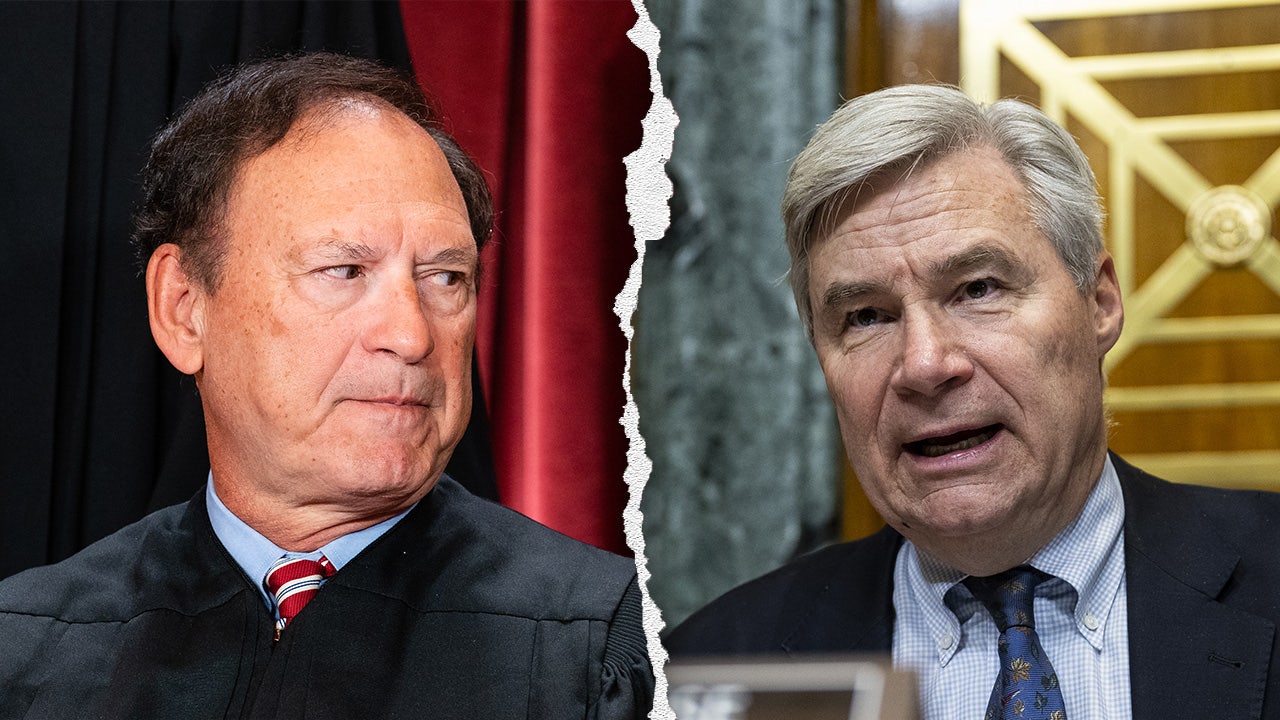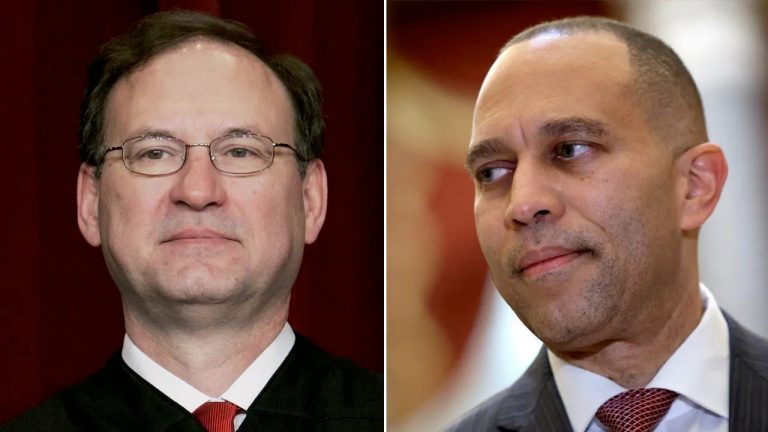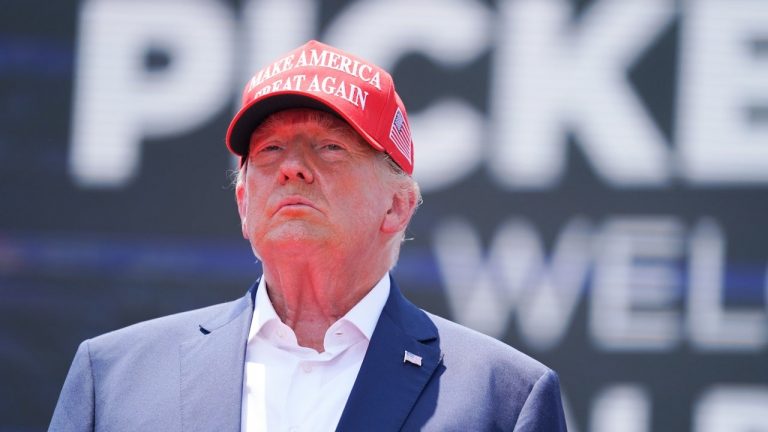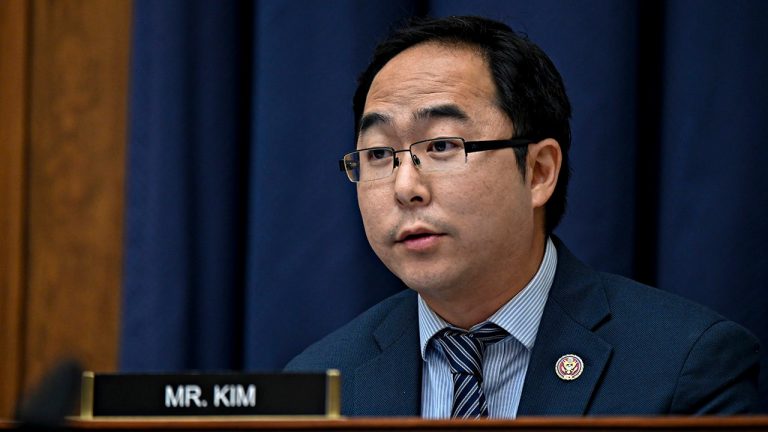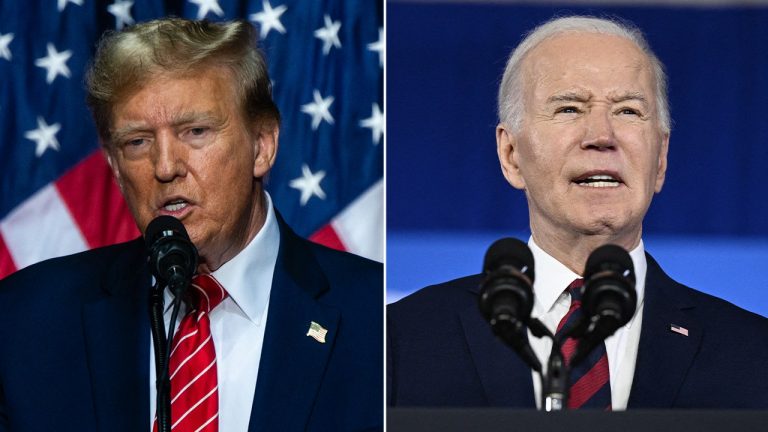Senator repeats complaint about Alito as Supreme Court gets closer to ruling on Trump immunity
A conservative Supreme Court justice is being accused of impropriety by a Democratic Senate Judiciary Committee member ahead of a long-anticipated and pivotal ruling on former President Trump’s immunity claim.
Sen. Sheldon Whitehouse has sent a new letter to Justice Samuel Alito, questioning him over an interview he did last year that “raised several problems.”
“In that interview, you opined on questions related to Congress’s authority over judicial, and more specifically Supreme Court, ethics concerns,” the three-term Rhode Island Democrat recalled in his June 7 letter.
Sen. Whitehouse revived an ethics concern he had with Justice Alito last year amid the ongoing backlash to flags flown at the justice’s homes.
The latest letter follows correspondence that was recently exchanged between Alito, Whitehouse, Chief Justice John Roberts and Senate Judiciary Committee Chairman Dick Durbin, D-Ill. The senators wrote to the justices asking for Alito’s recusal from cases related to the 2020 election, including the matter of Trump’s immunity, because of revelations of an upside-down American flag and an “Appeal to Heaven” flag displayed at his homes following the Jan. 6 Capitol riot.
Alito resisted their calls to recuse himself from the cases.
In the July 2023 op-ed for the Wall Street Journal, Alito was interviewed by attorney David Rivkin and WSJ editorial features editor James Taranto.
“From the outside, it looks like the attorney recruited you to prop up his legal case against our investigation, using the interview to advance the argument he and several colleagues were making,” Whitehouse accused.
He claimed the topics discussed within the interview were designed to hinder the Democratic-controlled Judiciary Committee’s attempt to move forward legislation to enforce a code of conduct on the Supreme Court.
Whitehouse lodged a complaint with Roberts about the article months later, in which he claimed Alito’s remarks in the article “violate several canons of judicial ethics, including standards the Supreme Court has long applied to itself.”
Whitehouse also pointed the finger at Alito for potential “ex-parte” communication, that is, communication between one interested party in a case and a judge in that case outside official process.
Ironically, Whitehouse was recently accused of potentially engaging in ex-parte communications himself, in reference to his various letters to the justices.
The Supreme Court is expected to issue its ruling in Donald J. Trump v. United States before the end of June, answering the question of “whether and if so to what extent does a former president enjoy presidential immunity from criminal prosecution for conduct alleged to involve official acts during his tenure in office.”


